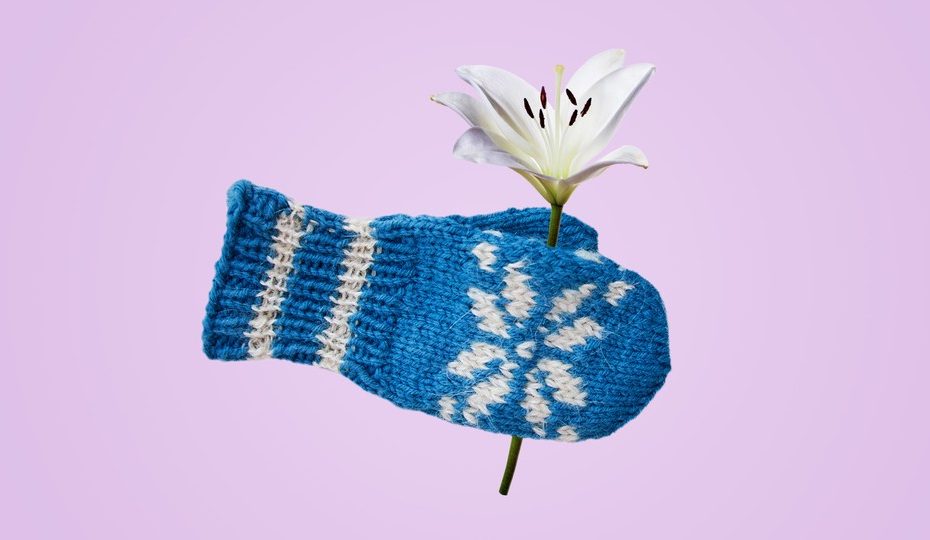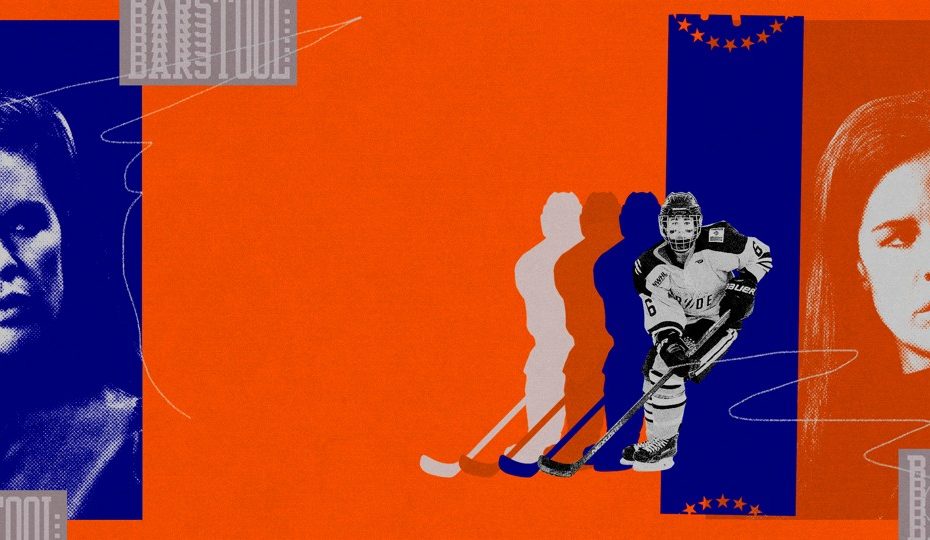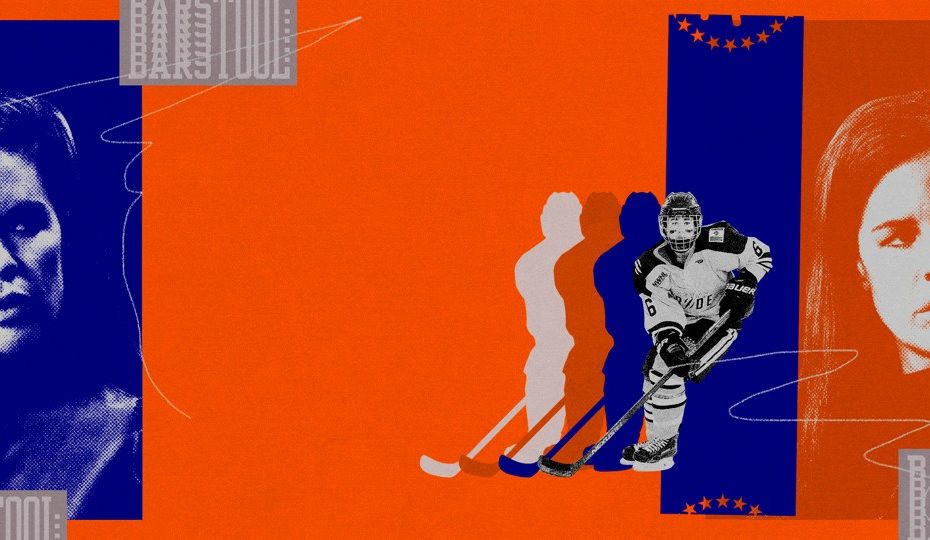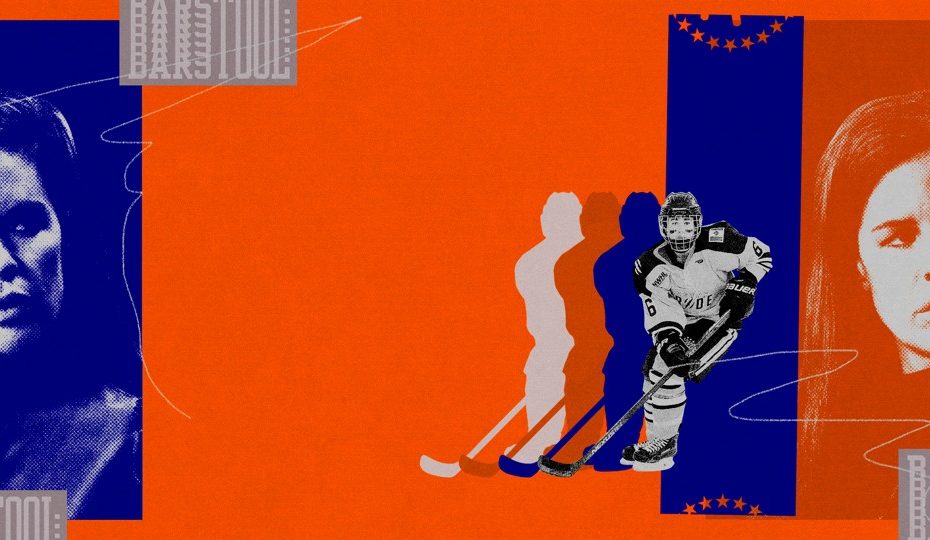The New Quarter-Life Crisis
Maybe you started running for fitness, or because it seemed like a good way to make friends. Or perhaps it was a distraction from an uninspiring and underpaid job. Maybe you wanted an outlet for the frustration you felt at being single and watching your friends couple up. But no matter the reason you started, at some point it became more than a hobby.










